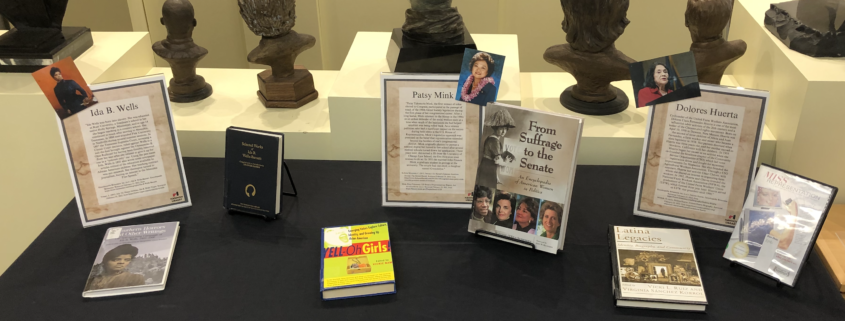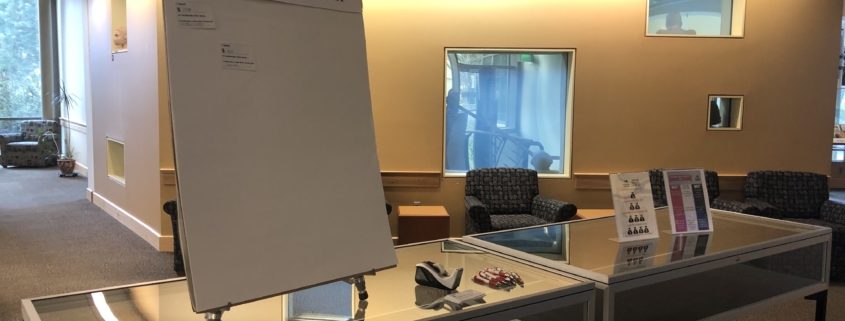A new deal negotiated by the Hannon Library will allow all students, staff, and faculty to access to the online version of the New York Times. Collection Development Librarian, Emily Miller-Francisco, negotiated the deal on behalf of the library.
SOU’s institutional subscription includes the following:
- Unlimited access on NYTimes.com (There is no daily limit to the number of articles you can download)
- Archives (dating back to 1851) timesmachine.nytimes.com/browser (5 PDF article downloads from Times Machine per user per day/100 per month)
- Augmented Reality/Virtual Reality – found in the App; NYT stories told through enhanced technology
- Daily 360 content – two dimensional, 360° views (with mobile device or using a mouse)
- Podcasts (including The “Daily” podcast)
- All multimedia, including video, photography, VR features, and new multimedia to come
- Newsletters (there are a variety of topics that you may subscribe to)
- Spanish and Mandarin Chinese versions of NYTimes.com
- Unlimited access to two great learning tools: The New York Times inEducation website and The Learning Network. (nytimesineducation.com and nytimes.com/learning)
Those interested can access the New York Times on campus without a paywall. To access the paper off campus, or use The NY Times app, you’ll need to set up an account. If you are currently paying for a subscription that is linked to your SOU email, you have to first cancel your subscription. Once registered, students will have access until 12/31 of their graduation year; faculty and staff will have four years of account access, after which they must re-authenticate by visiting accessnyt.com.
More information can be found in the library’s A-Z list of databases on our website. The Hannon Library is always happy to provide assistance and answer any questions that may arise while users navigate their subscription.



